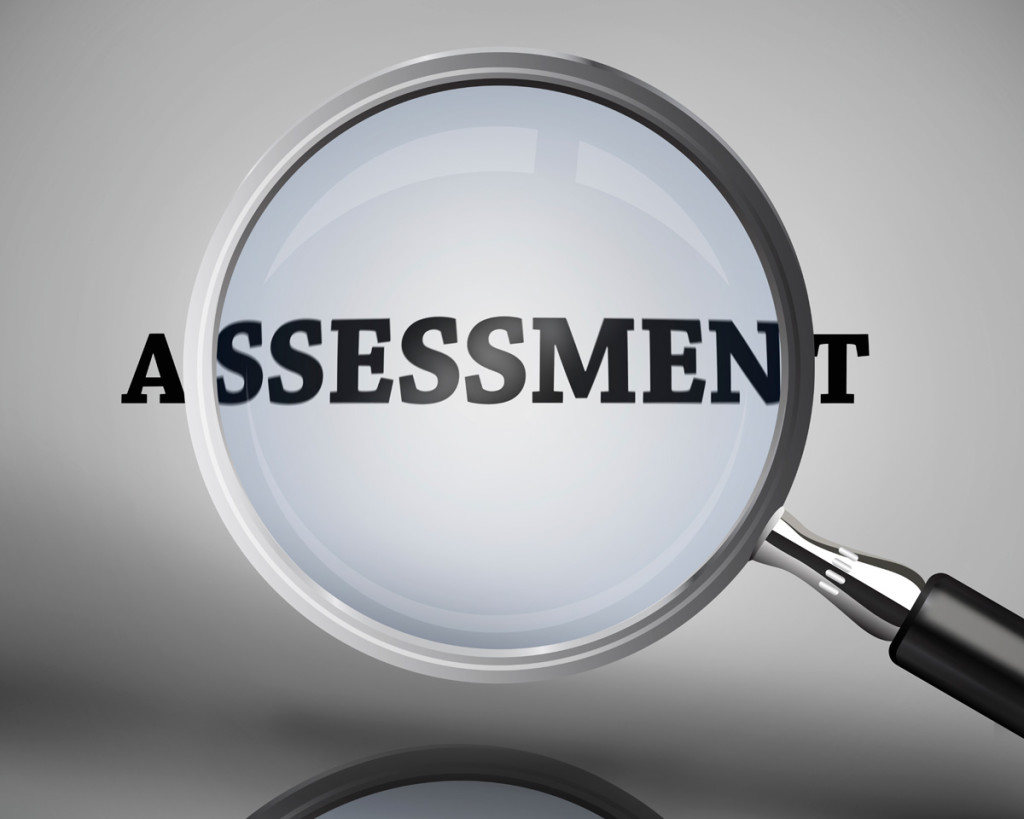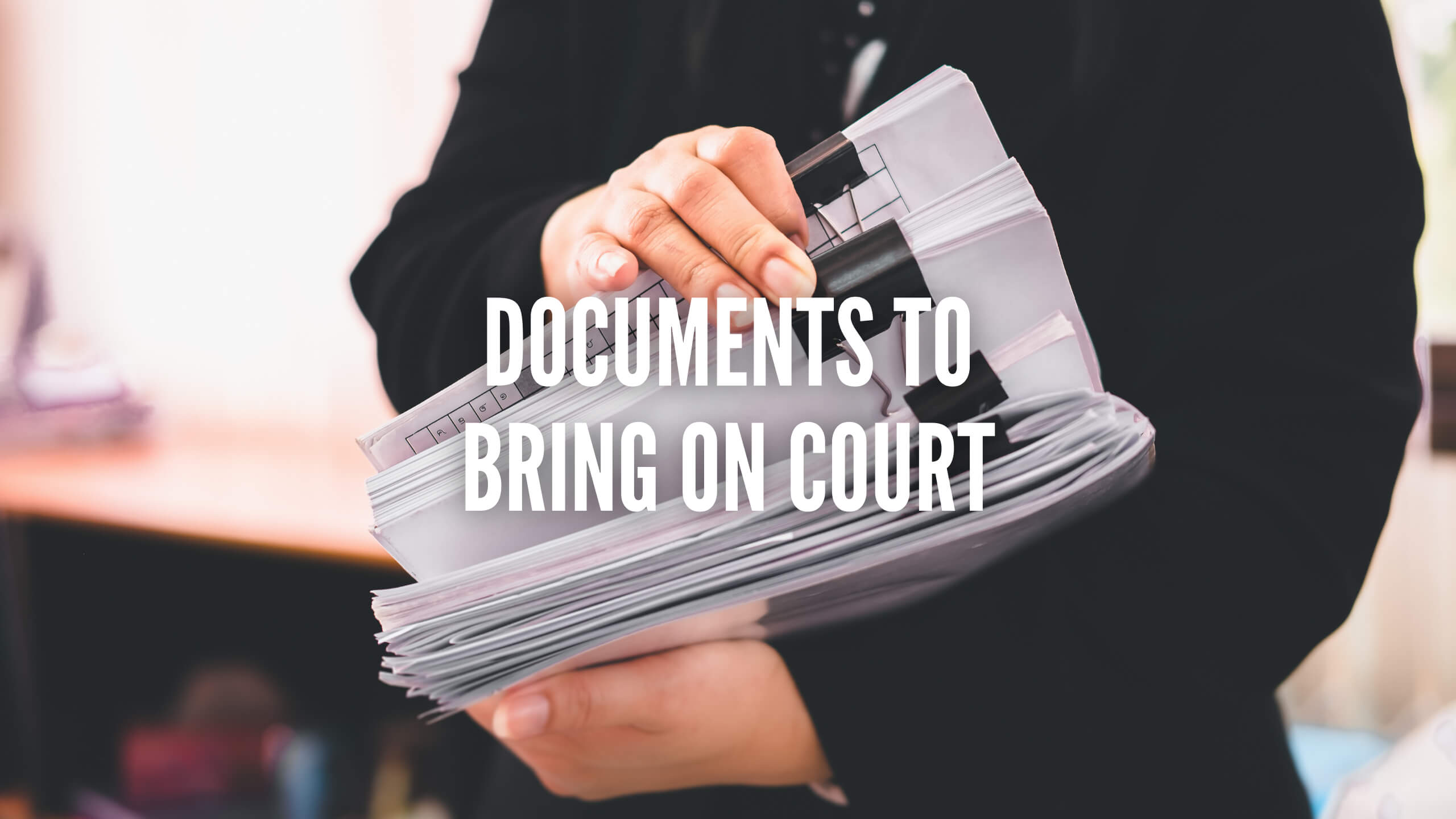If you’ve recently been arrested for driving while intoxicated, the term DWI assessments has probably come up—and maybe more than once. Whether you’ve heard about it from your lawyer, seen it in paperwork, or been told by the court to complete one, it’s easy to feel lost in the shuffle. What exactly is a DWI assessment? Why does it matter? And how does it fit into the broader legal process after a DWI arrest?
In this beginner-friendly guide, we’ll break down everything you need to know about DWI assessments offenses, including what they are, when they happen, who conducts them, and how they impact your case. We’ll walk you through real-world examples, explain the consequences of skipping one, and help you understand why this step plays such a major role in DWI defense, sentencing, and recovery.

What Is a DWI Assessment?
A DWI assessment is a structured evaluation conducted after a person is charged or sometimes convicted of driving while intoxicated. It helps the court, probation officers, and treatment professionals determine whether the offender has a substance abuse issue and what level of intervention they might need.
The assessment typically involves a personal interview, a review of the individual’s driving and criminal history, and often a standardized test like the Substance Abuse Subtle Screening Inventory (SASSI) or the Addiction Severity Index (ASI).
The goal? To recommend a treatment plan that fits the person’s behavior, risk level, and needs.
Think of it as a starting point—a tool the system uses to figure out whether someone made a one-time mistake or if there’s a deeper pattern that needs to be addressed.
When Are DWI Assessments Required?
Courts often mandate DWI assessments at key points in the legal process. Here’s when you’ll most likely encounter one:
- Before sentencing – Judges use the results to shape sentencing conditions, including treatment, education, and probation terms.
- As part of probation requirements – Completion may be mandatory for someone to remain in good standing during probation.
- During license reinstatement – Especially in states like Texas or North Carolina, offenders must complete a DWI assessment and follow the treatment recommendations before regaining their license.

Skipping or delaying your assessment can result in penalties fines, extended license suspension, or even jail time if ordered by the court.
What Happens During a DWI Assessment?
You might be picturing a courtroom interrogation, but that’s far from what this process actually looks like. A DWI assessment is usually conducted in a private setting—often by a licensed substance abuse counselor or an agency certified by the state.
The Interview
The evaluator will ask about:
- Your drinking and drug use history
- The circumstances of your DWI offense
- Past arrests, if any
- Mental health issues
- Your daily habits and support system
They’re not just checking a box—they’re trying to figure out whether the DWI was a fluke or part of a bigger pattern.
Standardized Tests
Most DWI assessments also include formal questionnaires or screening tools that measure substance use, risk of dependency, and likelihood of repeat offenses. The results feed into a final report shared with the court.

Treatment Recommendation
Depending on the findings, the evaluator will recommend one of the following:
- No treatment needed – A true first-time offender who doesn’t show signs of abuse
- Education program – For those who made a one-time mistake but need to understand risks better
- Outpatient counseling – Weekly therapy or group support for mild to moderate abuse
- Intensive outpatient or inpatient rehab – Reserved for those with more serious addiction concerns
The recommendation isn’t a suggestion it’s a court-mandated step.
Real-World Example: How a DWI Assessment Changed One Man’s Sentence
Let’s talk about Travis, a 31-year-old graphic designer from Austin. He was pulled over after a work party and charged with DWI. He thought it would just be a fine and some community service. Instead, the court ordered a DWI assessment.
Travis was honest during his interview. He’d been drinking more than usual over the past year after a tough breakup. The evaluator picked up on signs of dependency and recommended a 12-week outpatient program.
At sentencing, the judge reviewed the assessment and commended Travis for completing treatment early. He avoided jail, kept his license with a restricted permit, and later said the program helped him more than he expected.
The takeaway? DWI assessments offenses don’t just impact punishment—they can change your entire outcome.
Why DWI Assessments Matter More Than You Think
Some people view DWI assessments as just another hoop to jump through. But they play a powerful role in both your legal case and your future. The outcome of this one evaluation can directly shape what your next months—or years—look like after a DWI charge.
Sentencing Leniency
Judges often look favorably on defendants who take the assessment seriously and follow through on treatment. It shows responsibility and willingness to change. Courts want to see personal growth, not just legal compliance, and assessments help prove that progress.
Better Outcomes for First-Time Offenders
Courts may reduce penalties or offer diversion programs based on assessment results. This could mean avoiding jail, keeping a clean record, or qualifying for expungement later. For many, it’s the first and only shot to keep a mistake from becoming a lifelong burden.
Essential for License Reinstatement
In many states, you can’t even begin the process of getting your license back without a completed DWI assessment. This requirement is non-negotiable, and delays in completing it can stretch a license suspension much longer than necessary.
Supports Long-Term Recovery
For people with deeper issues, the assessment opens the door to treatment that can change their life. It gives professionals a chance to intervene before things spiral further, making the experience potentially life-saving—not just legally necessary.
What Happens If You Skip or Fail to Complete Your DWI Assessment?
Ignoring or missing a DWI assessment is a fast track to legal trouble. Here’s what can happen:
- Violation of court orders – Leading to arrest warrants or probation revocation
- Delayed license reinstatement – You’ll stay in limbo without completing the assessment
- Harsher penalties at sentencing – Judges may view your noncompliance as defiance
Courts treat non-completion as a sign of irresponsibility or indifference to the process. Even if the assessment recommends treatment you disagree with, your best move is to complete it then discuss alternatives with your attorney. Compliance shows good faith and opens the door to more flexible outcomes.
How to Prepare for Your DWI Assessment
While you don’t need to cram like it’s a test, being prepared for your DWI assessment makes a difference. Walking in with awareness and transparency can shape your results and influence your legal standing.
Be Honest
The evaluator has seen hundreds of cases and can often detect when someone’s hiding or downplaying their behavior. It’s better to own your actions than to lie and end up in a stricter program. Honesty also helps ensure the treatment plan matches your real needs, not just what you think the court wants to hear.
Bring Documentation
If you’ve already started counseling, joined a support group, or completed community service, bring proof. It shows initiative and responsibility. Demonstrating that you’re taking action before being ordered to do so can influence the evaluator’s recommendations and your outcome in court.

Stay Calm
Remember, the evaluator isn’t there to punish you. They’re there to help the court make informed decisions—and to help you avoid future legal trouble. Keeping a cool head during the assessment lets you express yourself clearly and honestly without seeming evasive or defensive.
Are DWI Assessments the Same in Every State?
Not quite. While the general purpose is the same, different states have their own rules around who conducts assessments, how soon they must be completed, and what treatment programs are accepted. Some states have standardized assessment centers, while others offer more flexibility in choosing providers.
Examples:
Texas: The court may refer offenders to state-approved facilities and require completion of a DWI Education Program as part of sentencing. Texas courts often require proof of completion before allowing any license reinstatement or probation agreement.
North Carolina: Assessments must be completed by certified DWI services and used to determine treatment eligibility for reinstatement. State laws require fast turnaround, and delay can keep your license revoked for months longer than necessary.
New York: TheDMV requires proof of assessment and follow-through for license reissue. Offenders may also be required to participate in the Impaired Driver Program (IDP) based on assessment outcomes.
No matter where you are, a qualified local attorney can guide you through your state’s requirements. An experienced lawyer will also ensure your assessment is submitted to the correct authorities and meets all legal standards for court acceptance.
Final Thoughts: DWI Assessments Offenses Are a Crucial Step
If you’re facing a charge for driving while intoxicated, don’t underestimate the importance of your DWI assessment. It’s more than just paperwork—it’s a defining step in how your case plays out.
Key Takeaways:
- DWI assessments are mandatory in most cases and help courts determine whether treatment is needed.
- The assessment includes an interview, standardized tests, and treatment recommendations.
- Judges rely heavily on assessment results during sentencing.
- Completing your assessment early and honestly can improve your outcome significantly.
- Skipping or refusing assessment leads to harsher penalties and legal setbacks.
Your assessment is a chance to turn a serious legal situation into an opportunity for growth and course correction. It’s not just about checking a box—it’s about facing the situation head-on and setting yourself up for a better outcome.


